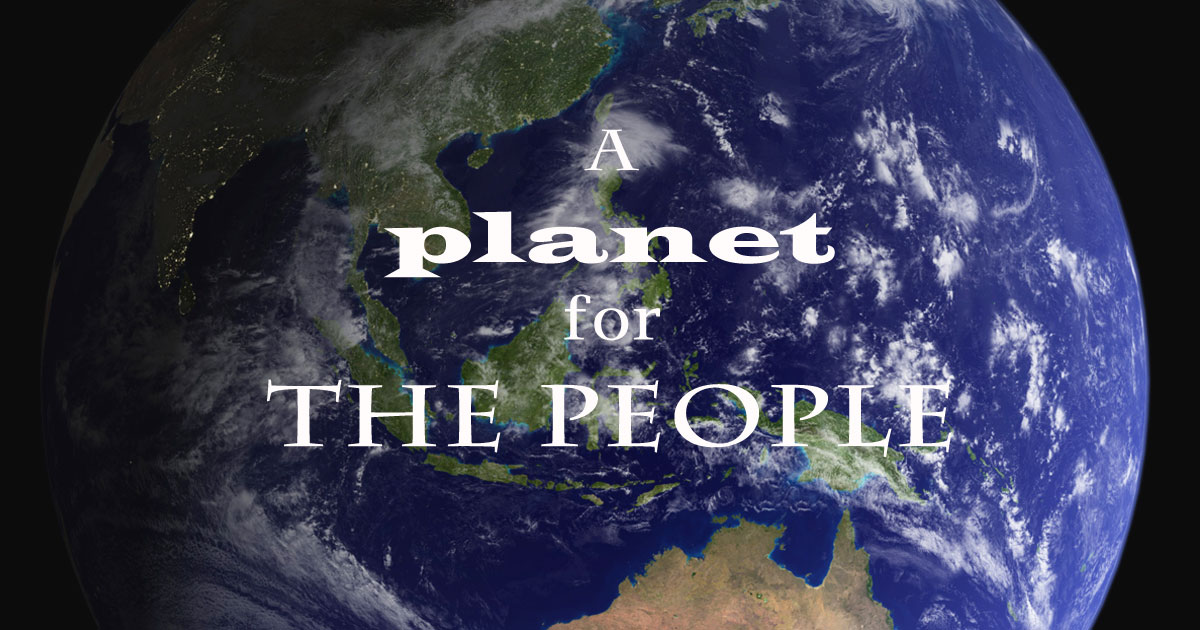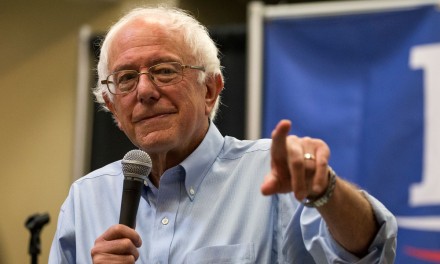A PLANET FOR THE PEOPLE
★ ★ ★ ★

By Mark Hoskins
I recently saw Naomi Klein speak to a packed audience in Dublin about her climate change book, This Changes Everything. For me, it was like watching a film you’ve seen a hundred times. I’d read the book, knew the content, knew the arguments inside out, which bits I agreed with and which ones I didn’t. The largely middle-class, south Dublin audience could probably have mouthed along the words. It was a spectacle, not call-to-action, I felt. It was a gathering of the faithful with the sole purpose of paying homage, and feeling good about themselves for “doing their bit”.
The biggest problem with Klein’s argument, I think, is her call for carbon taxes. Though her activism is far more rooted in community than the majority of the mainstream Green movement, with this demand she replicates its worst feature, the attempt to impose ecological solutions from above. Carbon taxes will not reduce the demand for fossil fuel; they will only serve to make it more difficult for poorer people to get by. People still need to get from home to work and schools, they need to heat their homes.
One of the main issues I have with the mainstream Green movement is that it has mostly situated itself outside of communities and away from labour rights struggles, preferring to jostle for position in the corridors of power. NGO’s like Climate Action Network for example, focus on lobbying at the United Nations Framework Convention on Climate Change (UNFCCC), which is responsible for the array of international treaties from, Kyoto to Paris, that have failed to alter the trajectory our ecosystems are taking.
At the same time, the political wing of mainstream environmentalism, the Green Parties, that in the wake of the fall of Stalinism posed as the radical alternative to the mainstream, are now part and parcel of the system.
The Irish Green party for example, while in coalition with the centre-right Fianna Fáil party (2007 – 2011), came under serious criticism for the Shell pipeline in County Mayo, which was opposed by many locals and environmental protesters. Where before the Greens had stood with protesters, once in power they shamelessly compromised themselves, despite their current leader Eamon Ryan serving as Minister for Communications, Energy and Natural Resources. Ryan also held extensive talks with fracking interests during his time as minister and according to at least one company spokesperson, was fully behind their project.
While the Irish Green Party’s greatest achievements were the introduction of energy saving lightbulbs and a cycle-to-work scheme, in other countries, Green parties saw more substantial success. The German Greens while in government in the early years of this century, were able to celebrate the phasing out of nuclear power, but this came at a cost. They reneged on their opposition to NATO and were in government when the German state sent troops into Afghanistan, despite opposition from four dissident Green MPs. Power took them, like it did the Irish Greens, far away from the popular movement they rose from, far from the energetic protests and grassroots resistance to war, climate change and nuclear power, without which their greatest achievement would never have been possible.
In making its peace with capitalism, the mainstream Green movement went from being a movement of radical direct action, vision and hope, to being one of moderation, compromise and resignation. It gave up pretending it was for another way of life, and accepted the inevitability of economic growth and corporate control of society. The founder of the Social Ecology movement, Murray Bookchin once wrote that “the assumption that what currently exists must necessarily exist is the acid that corrodes all visionary thinking.” The Green Parties and NGO’s bathed in that acid.
When belief in collective action is eroded, what follows is an emphasis on the individual. The smug middle-class liberal green who affects an individualist lifestyle and chastises the less well-off for not buying organic, non-genetically modified food that they can’t afford, and for not installing solar panels on their roofs. Being an environmentally conscious consumer is expensive, and middle-class individualists who lecture the less well-off about their habits only alienate them, making them associate their hatred of liberal intelligentsia with environmentalism. It’s no wonder that aging hippies in the US rally behind the Democratic Party, while so many poor people from outside of the big cities prefer conservatives who tell them climate change is a myth.
A large proportion of that middle-class Green Dublin audience who filed into the RDS to hear Naomi Klein speak were horrified when she expressed support for the movement against domestic water charges in Ireland. Though sold by the government and the media as an environmental measure, the majority of Irish people saw it as another way to make working people pay for the financial crisis and opening the door to privatisation of a natural resource. This was another classic example of how out of touch with the ordinary Irish person the middle-class Greens were. They failed to see how asking individuals to conserve water in a country where it is always raining could alienate them, especially when the majority of water wastage comes from big business and underfunded infrastructure.
But what Naomi Klein saw was a popular grassroots movement that fought to ensure that everyone had a right to something that is a human necessity, and that movements like that are the ideal place to win support for measures to combat climate change.
Our political and economic systems have failed the environment and the poorest communities that are suffering most.
The environmental movement worldwide needs to move beyond middle-class individualism and move towards strengthening its links with social movements and community activists.
We need to empower communities to initiate urban farming projects to alleviate food poverty while cutting down on greenhouse gases in production, agitating for the decentralization of community water and energy schemes.
Our future and the future of our planet means we need to start building a parallel society founded on direct democracy and ecological principles.
This is when real change begins.

Mark Hoskins is a community activist and anarchist writer who blogs sporadically at selfcertified.wordpress.com




























Trackbacks/Pingbacks